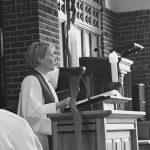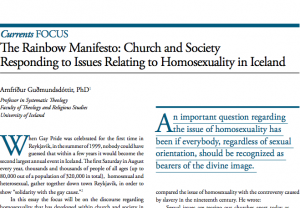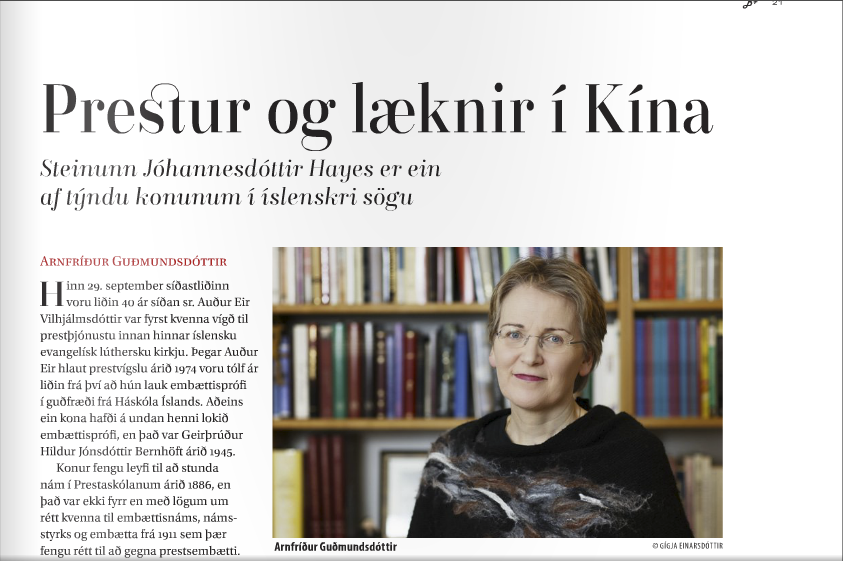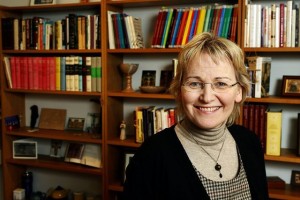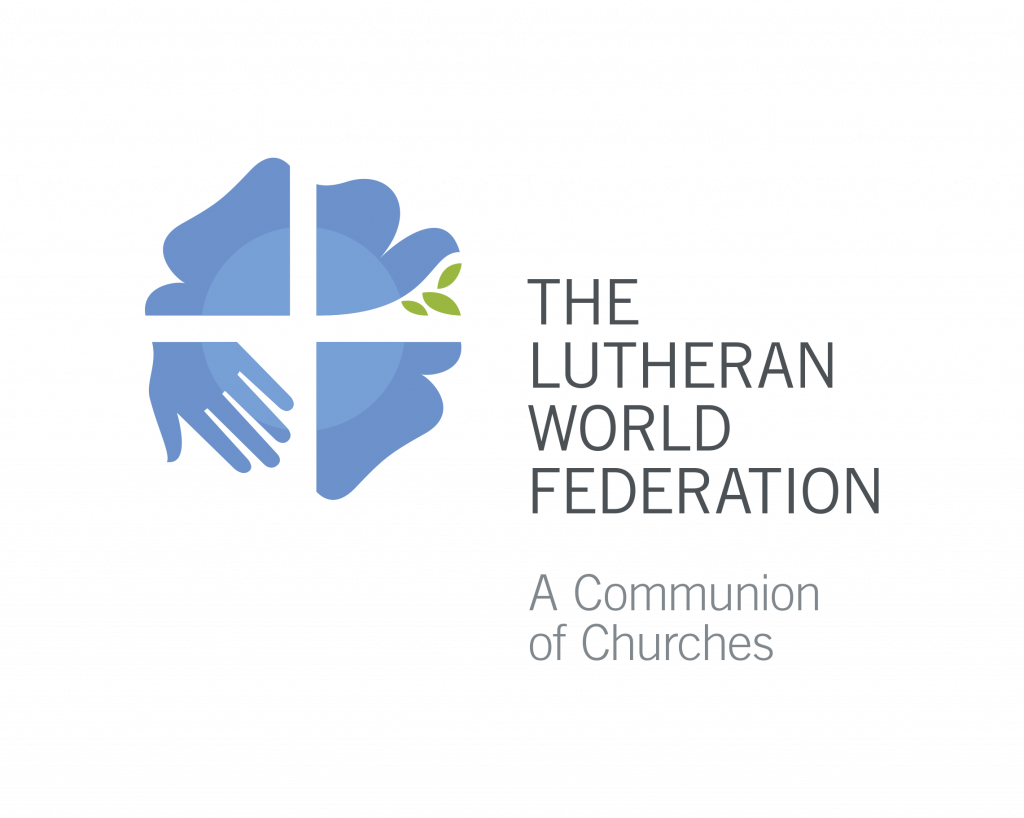Heim
Unity in Diversity, Diversity in Unity (June 3, 2017)
Talk given at A Congress on Iceland´s Democracy hosted by the University of California, Berkeley School of Law.
Good morning! It is my pleasure and honor to be here. Warm thanks for the invitation.
When the Constitutional Council gathered together for the first time back in 2011, one thing was very clear, namely how different we, the people who constituted the council, were. We came with different backgrounds, different experiences, personalities, education, worldviews, and so on. We were a group of 25 different individuals, who had been given a common task, namely to draft a new constitution for our society, new ground rules we all, the people who live together on this small island up north, would observe and respect, in the years to come. We were up against a big challenge, but from day one we agreed on one important thing: namely that we would face the challenge and finish our task in the time we had been granted.
When I look back, I see the great diversity represented within the Constitutional Council as both our strength, as well as our biggest challenge. It took some effort to reach the unity we actually did at the end. It comes without saying, that we did not always agree on everything. It took time and effort to negotiate, to debate, to provide an argument for one’s point of view, and last but not least to learn to listen to each other. It was like going through an intense graduate program in four months. Everyday we were faced with new assignments, new issues, new questions, new tests, and in the end we had to hand in our big assignment, otherwise we would not accomplish what was expected of us, in other words, we would not graduate.
In my work, I have been focusing on the role of experience a lot lately. I am convinced that our experience plays a crucial role in our approach to new tasks, but also to the way we think and act. When I think of my own participation in the council, and what I brought with me into this endeavor, I can think of many components that make up who I am, and why I think and act as I do. First of all, the most obvious ones, are, for example, my gender, my race, my nationality, my education, and my age. Other factors also played an important role in my approach to our task, for example the fact that I am born and raised in a small village in the north, that I have lived in the Reykjavik area for decades, and that I have spent ten years of my life abroad, and most of that time in a metropolitan area, where multiculturalism is not simply an idea, but an utter reality. I am also a scholar, a mother of three, and an ordained pastor within the Lutheran church. These, and many other components, make up who I am and what shaped my approach to our common task in the Constitutional Council. I think it is vital that each one of us, always think of what we bring with us, the baggage we carry, if you will, as well as the biases and prejudices we might have picked up on our journey through life, when we encounter new undertakings and challenges.
When I ran for a seat in the Constitutional Council I did it first and foremost as a theologian, more particularly as a feminist theologian, because I thought a feminist theological voice could contribute something valuable to this important work. I have no doubt that being a theologian influences everything I do. My training as a minister and a scholar within the Christian tradition has provided me with numerous resources I find helpful in my daily endeavors.
Arnfríður speaking at "A Congress on Iceland's democracy" at Berkley
An important resource for my work in the Council, was the deep respect ingrained in my faith, the respect for all people, the earth, and the whole universe, as being a part of God’s good creation. Another example is the profound appreciation for our heritage, but at the same time a genuine recognition of the need to consistently provide new interpretations. The third example I will mention here today, is the Greek concept Kairos. Kairos has roots in ancient Greek philosophy, but became crucial for Christian theologians already in the first century of the common era. The Greeks differentiated between two concepts for time: kairos and chronos. While chronos refers to chronological, or sequential time, the latter basically means the right moment, “a time when conditions are right for the accomplishment of a crucial action”. For many reasons it was kairos – the right moment – for a new Icelandic Constitution after the economic crash in 2008. It was time for a new beginning, for a hopeful change for our nation. Now it is up to the politicians to implement this change, to seize the moment. For the rest of us, it is crucial that we keep up our hope that this moment will come, and to do everything within our power in order to make it happen.
Sermon in Loehe Chapel (September 29, 2016)
This is an excerpt. The whole sermon from Loehe Chapel can be found here.
Today, September 29th, marks a new beginning in the history of the Evangelical Lutheran Church of Iceland, my homechurch, because on this day, on September 29th, 1974, the first woman was ordained to become a pastor within the ELCI. Her name is Audur Eir Vilhjalmsdottir, who for over twenty years has been the pastor of the Women-church, which is an active congreation within the Lutheran church. This is why, we celebrate today 42 years of women’s ordination in my homechurch. 42 years is not a long time, within the history of the one, holy, catholic and apostolic church. Only one generation out of so many. The second woman to be ordained, was the daughter of the first one, and was ordained in 1981. I was ordained 6 years later, and was the eighth woman to be ordained within our church. Yes, we do still keep track, and when we meet we do remind each other of our respective numbers. I think it is a nice way to remember how short back our history really goes. Now there are 86 women who have been ordained altogether.
Photo taken by Sam Giere at Loehe Chapel
The first Lutheran woman to be ordained in the US was Elizabeth Alvina Platz. She was ordained by the Lutheran Church in America in 1970. But the ordination of women in the United States goes all the way back to the beginning of the 19th century. I don’t have the numbers here, but this could be an interesting research project for somebody to work on. And maybe it has already been done.
The Rainbow Manifesto: Church and Society Responding to Issues Relating to Homosexuality in Iceland (from Currents Journal, Vol 43, No 4, 2016)
The issue of homosexuality is certainly not the first issue threatening the unity of the church, as Wink rightfully pointed out. The serious debates about slavery and the ordination of women have before (and in the case of the ordination of women, still does) threatened to break apart denominations and church communities. There are striking similarities in the theological discourse related to the status of homosexual individuals, slaves, and women within the order of creation. An important part of the discourse relates to the question of the image of God, and whether women and men, slaves and free, homosexual and heterosexual individuals, are all created equal, hence equally participating in the covenant between the creator and “every living creature of all flesh.”
When theologians were still debating whether women were “fully human” as men, theologians frequently discussed whether or not women had a soul, and whether they were made in God’s image. Most theologians, including Augustine, bishop of Hippo (354–430) and Thomas Aquinas (1225–1274), affirmed women’s humanity, but denied women’s equality with men. For both Augustine and Aquinas, for example, the male human being was assumed to be the norm, in comparison to which the female human being appeared to be deficient. Regarding the question of imago dei, neither Augustine nor Aquinas thought women and men carried the image of God in the same way, without totally denying women’s participation in God’s image.
A Dual Call: Pastor and Professor (úr bloggi JK Montgomery árið 2016)
When Arnfríður Guðmundsdóttir began her studies in theology, there was only one woman ordained and no women teaching in theology in Iceland. She said, “So it was not a logical thing to do but I really felt very strongly about studying theology in order to teach. That was my goal.”
Prestur og læknir í Kína (úr B+ 2015, blaði Hins íslenska biblíufélags)
Auk þess að vera fyrsta íslenska prestvígða konan var Steinunn fyrst íslenskra kvenna til að ljúka læknaprófi og starfa sem læknir.
…Steinnunn er ein af týndu konunum í íslenskri sögu. Um hana hefur verið þagað of lengi og svo sannarlega kominn tími til að saga hennar sé sögð.
Áhrif kvenna á kirkjuna (úr Tímarit HÍ 2014)
Rannsóknin beinist að þeim áhrifum sem konur höfðu á kirkjuna. Kastljósinu verður beint að konum sem tengdar voru áhrifamönnum innan kirkjunnar í upphafi 20. aldar og þeim áhrifum sem þær höfðu á þessa menn eða í gegnum þá. Um leið ætla ég að skoða hvaða áhrif þessir menn hafi haft á þær en hér er aðallega um að ræða konur sem giftar voru prestum eða biskupum eða voru prests- eða biskupsdætur

